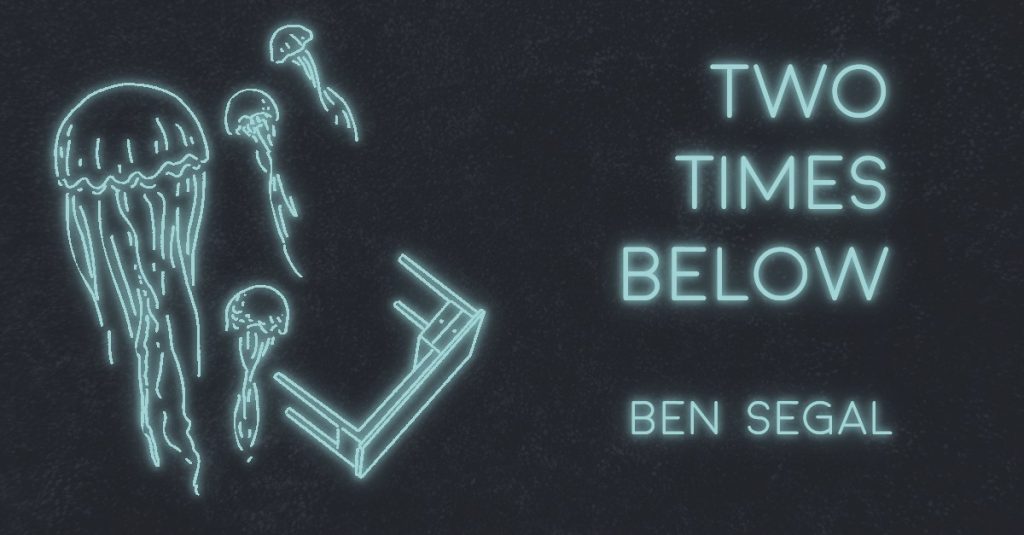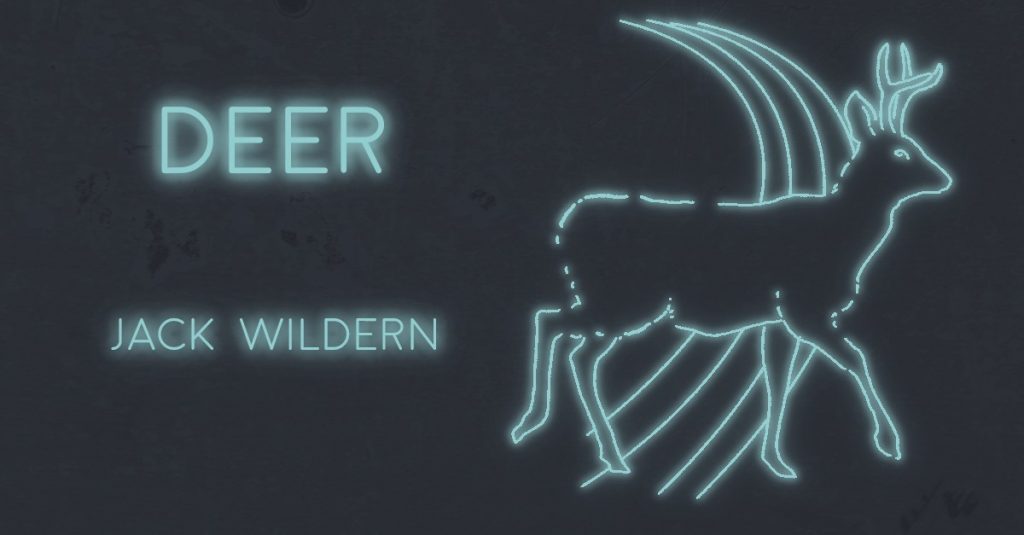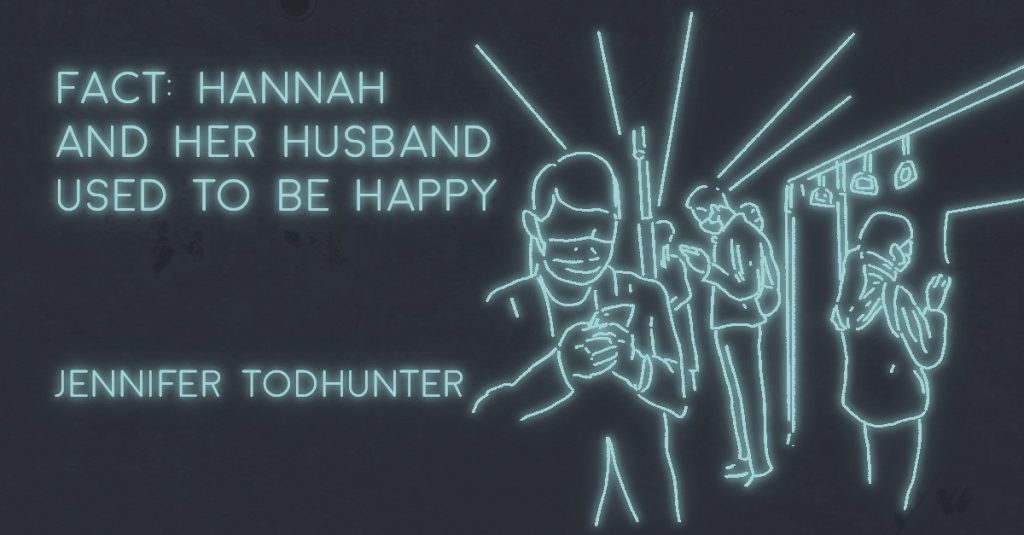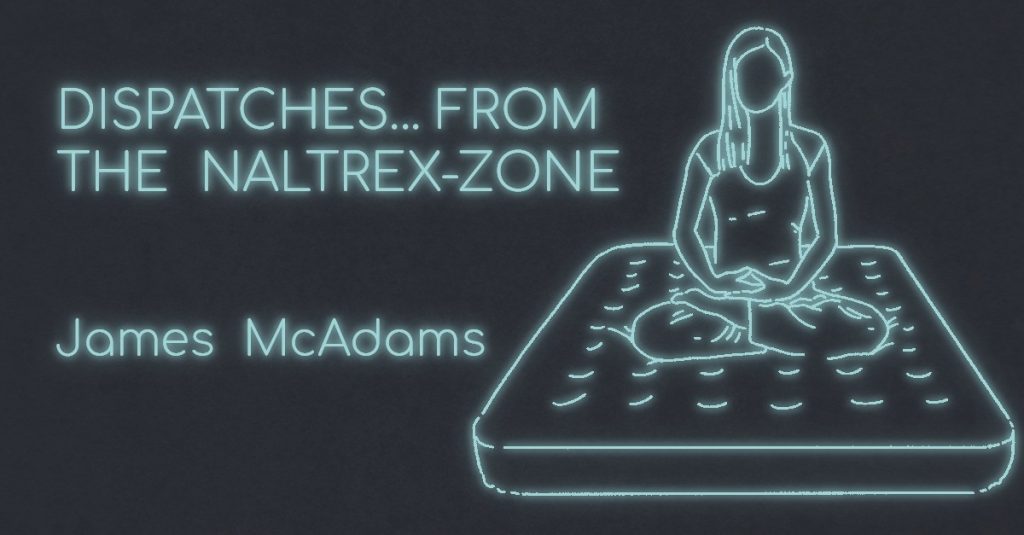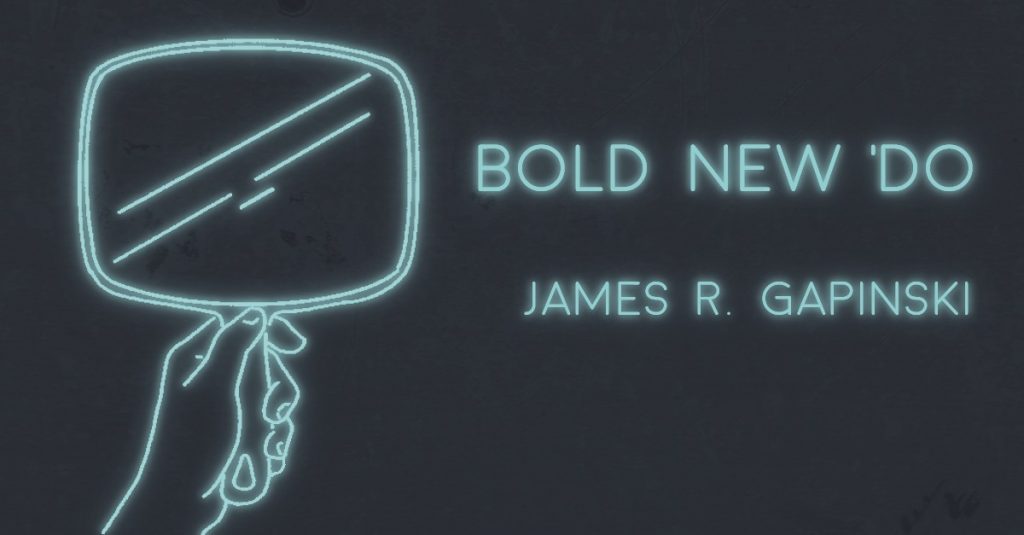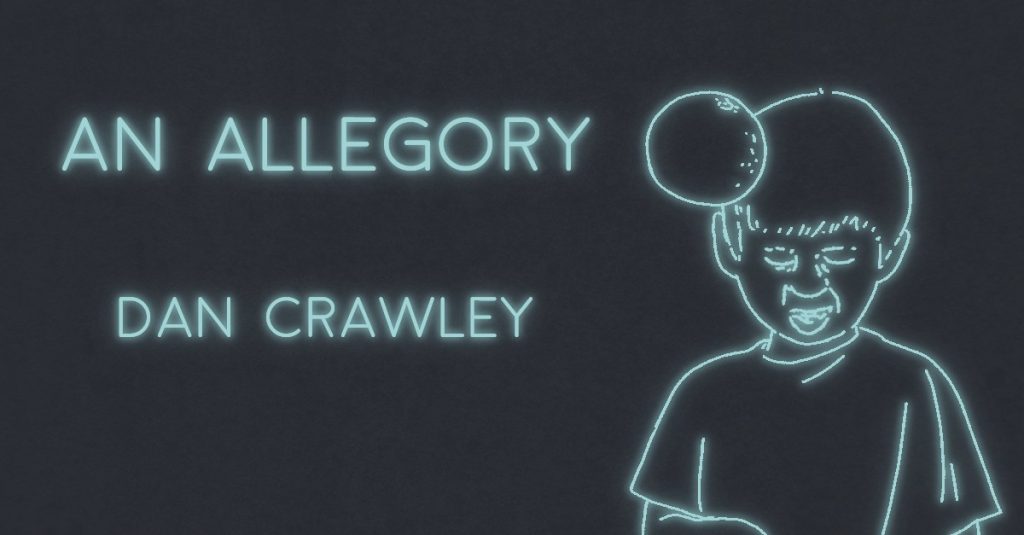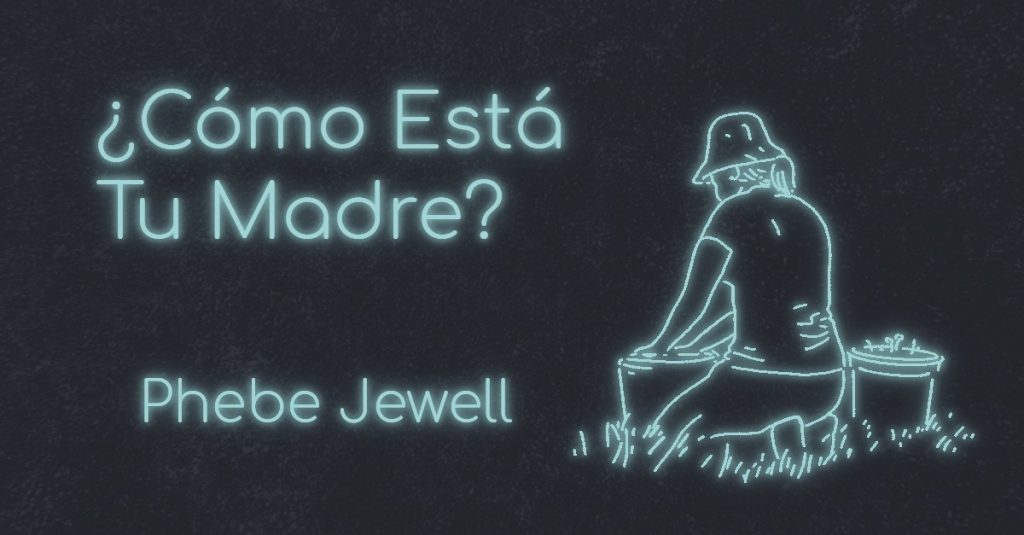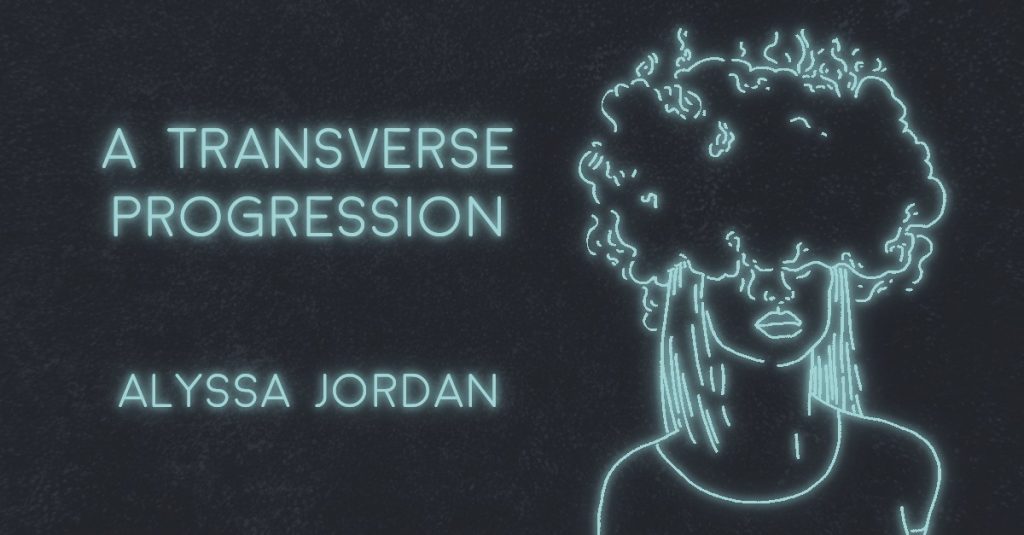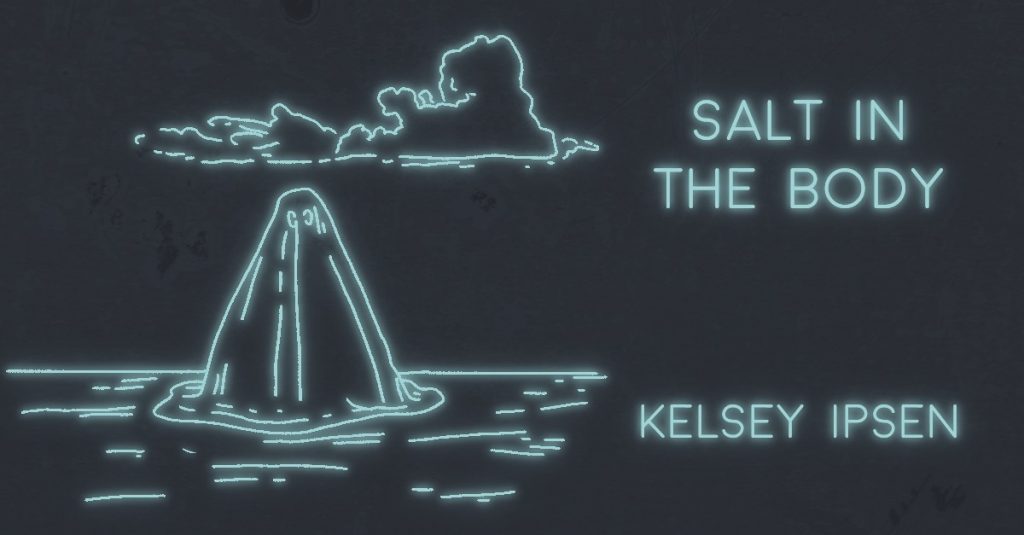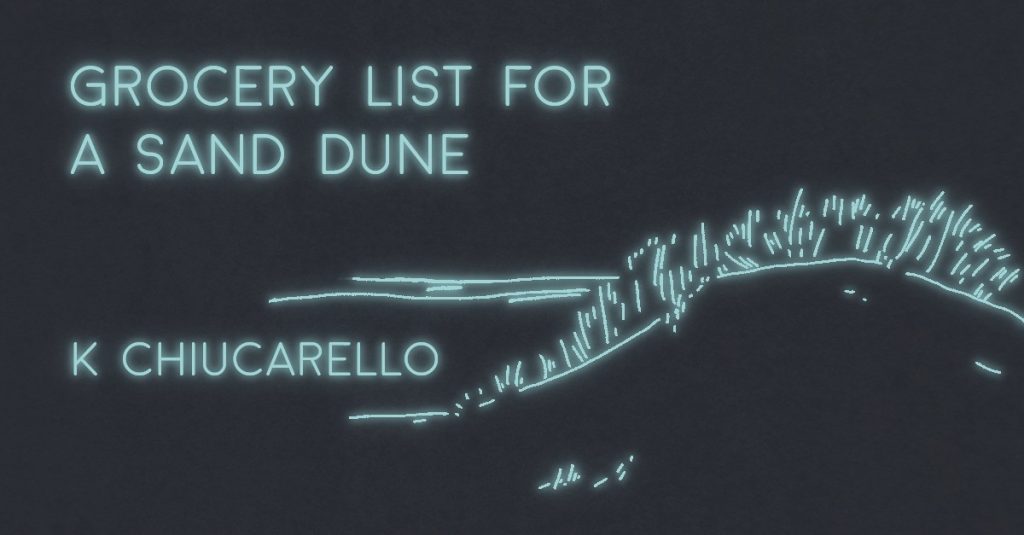iv. Late one night, Fred acted on a whim. She reached out to the one friend who still took her calls.
Together they stood, poised on a street corner with coffee cups in hand. The Friend was tall and blonde and intrigued. Red lipstick lined her mouth, wet like a bloody smear. She held a cigarette in her other hand, taking demure drags that did nothing to distract Fred from the pink smoke that curled around her shoulders.
“How about them?” The Friend asked.
When she squinted at the couple heading toward the bus stop, Fred was met with a charged, acrid tangle of color. The varying shades of yellow and green made her recoil.
“Something about green…it doesn’t feel right.”
Fred shifted her weight back and forth. She still wasn’t sure why The Friend had taken this turn of events so well.
“What does mine look like?” The Friend asked.
“It’s very pink.”
“Oh, good. I always liked pink,” The Friend said and took another drag.
ii. One day, Fred drowned. She coughed up an entire ocean after a woman cracked her ribs and convinced her heart to beat again.
When Fred opened her eyes, she was met with a curious sight.
Dense fog hung around the woman’s face. It carried at least a dozen shades of blue, the kind Fred wanted to pet and touch. Strangest of all was the grey film that masked her hair. It encased each strand like a second skin.
Back then, she hadn’t known what that meant.
iii. Fred stayed indoors for the first few months. She was still coming to terms with drowning. And, if Fred was being honest with herself, she had been holding out hope that the woman was a fluke. The lack of oxygen could have scrambled her brain.
A walk to the corner store proved her wrong. She felt as if she saw the world through the bizarre lens of a kaleidoscope.
After a while, Fred came to understand that everyone was different. Some people had dim auras, like reedy threads of smoke, or diffused splotches of fog. Others seemed to fill up the space around them, struck by saturated colors that burst behind her eyes, keeping Fred bedridden for days at a time.
She decided to buy an old T-bird. The rusty hood and layers of decomposing trash were the least of her problems. It got her from one highway to the next, and that was all that mattered.
Fred spent her days driving, constantly heading toward the water, and late at night she would return to her apartment, avoiding people at all costs.
v. “Why not face this head on?” The Friend asked after another day riding highways. Her roommate waved Fred inside with a toss of his head and a faint bluish-glow that made her shiver.
“Clearly running isn’t working. You still have the headaches, don’t you?”
When she nodded, The Friend smiled knowingly. “So stop running and face it. Do your worst.”
vi. At the height of summer, Fred drove to a different beach every week. Miles of crowded seashore motivated her. In the water, a chill would cut to her bone; then, a telltale burn swelled in her lungs.
She always swam closer to shore.
Once she was in view, Fred would jerk her arms and inhale the sea. From below, it looked as if sun-shaped flowers danced along the surface, which were so pretty she almost regretted disturbing them.
Fred drowned three more times before The Friend followed her. Cigarette in hand, shrouded in pink, she took a drag as the latest good Samaritan pumped Fred’s chest. Her fluttery rib cage bruised in shades of sunrise.
“It’s still there.”
Fred wanted to say that after she opened her eyes. Instead, water shot from her mouth in great, hacking coughs. The Samaritan—a man this time—lunged to flip her over. Powder-blue wisps clung to his arms, his hips. On the delicate arch of his foot, gold sizzled like hot oil.
“Dry drowning is a thing, you know.” The Friend peeked over the man’s shoulder. Her silhouette blotted out the sun. She tapped a cigarette against her sparkly phone case. “Wikipedia says people confuse it with secondary drowning. That’s a thing, too.”
Trying to talk just made her cough harder. Fred gestured from herself to the man.
The Friend sighed. “This isn’t what I meant.”
When the man reared back, staring at her in disbelief, The Friend only smiled. She flicked her cigarette into a gust of salty wind.
vii. Fred’s car broke down in July. More than once, she boarded the bus soaking wet, dribbling seawater onto the floor (her jeans were never the same). She must have looked extra pitiful in gritty denim—the bus driver usually let her stay.
In August, a nasty cough took root. The Friend tutted about Wikipedia entries every time she joined Fred. Sometimes, she smoked; sometimes, she sucked down margaritas with tobacco-stained fingers, spilling lime and tequila in the sand.
Fred always noticed after a near-drowning. She spent a lot of time in the sand, too.
viii. On the best days, a dull throb bloomed behind her eyelids. She tried to enact her near-drownings more and more often. It would work, eventually. Everything would go back to the way it was.
“Want one?”
A middle-aged man held out an orange. He unearthed another from his weathered saddlebag. Over his head, buttermilk clouds pulsed with murky green. Fred wanted to close her eyes.
“No, thanks.”
“You sure?” Smiling, he shook the saddlebag. Green tendrils began to grow over his arms.
She laid her head against the window.
ix. In autumn, the man from the bus saved Fred’s life.
She had waited too long beneath the current. By the time she surfaced and flailed, few people remained on the beach. Even fewer left their towels or plastic chairs. As the sea filled her mouth, Fred vaguely wondered if someone would call the police.
Water rose over her head. For a moment, she plunged beneath the waves, slipping into the cool calm as her body sunk. A sense of longing dragged her down, down, down.
When Fred opened her eyes, she was lying on the beach. Water expelled from her aching lungs. The violent, rhythmic motions surged, storming her body. Green flickered in Fred’s peripheral vision. It strung the man’s neck like a noose. Inside his bag of oranges, the dancing flamingos on her wallet swayed with every step.
She limped to the nearest pay phone. Around her, people milled through narrow, winding roads, veiled under shrouds of pink and green and gold. Occasionally, purple or blue would split the churning haze.
It felt as if a tiny heart thumped in her skull.
Palming some coins from the gutter, Fred leaned against the payphone and stared at her reflection. In the blurry metal, bloodless fingers touched her face. A nearby store window showed the same girl.
“You did it again.” The Friend said after she answered her phone. It sounded more like a sigh. “Why do you keep doing this?”
Fred looked away from the window. “I’m trying to put things back. Like they were before.”
“Oh, babe.”
She could easily picture her lighting a cigarette, heedless of the pink wisps trailing her every move, settling on the wing of her shoulder blade. They were like a wound no one else could see.
“You know,” The Friend said. “Some things are more beautiful after breaking.”
i. One day, Fred stood at the edge of the ocean. Waves skinned the top of her feet for hours. They sunk after each press of the water, tingling from lack of movement. Soon they were no longer visible to the naked eye.
With every year, Fred thought she disappeared a little more.
She remembered loving sun flowers and 80s movies and swimming at night. Back then, she had been so proud of the medals she won. The degree hanging in her mother’s kitchen. The missions she completed.
These things now boiled down to a checklist in her head.
Fred kept reaching further back in time. She tried to assume who she was at 30, 25, or even 20, only to realize those women were already gone. All that remained was the distinct impression of earlier years.
Most of her summers had been spent in the ocean. Fred could still feel her mother’s hands on her back, large and steady as they kept her afloat. So many times they had returned so she could learn the mechanics of swimming. When to push and pull. How to tread water or drop deeper.
Every time she went under, Fred felt okay again. Like she was weightless, her arms outstretched, legs gently pumping, safe and whole in the dark.
Fred bent to gather stones for her pockets. This time, she needed to be heavy.
